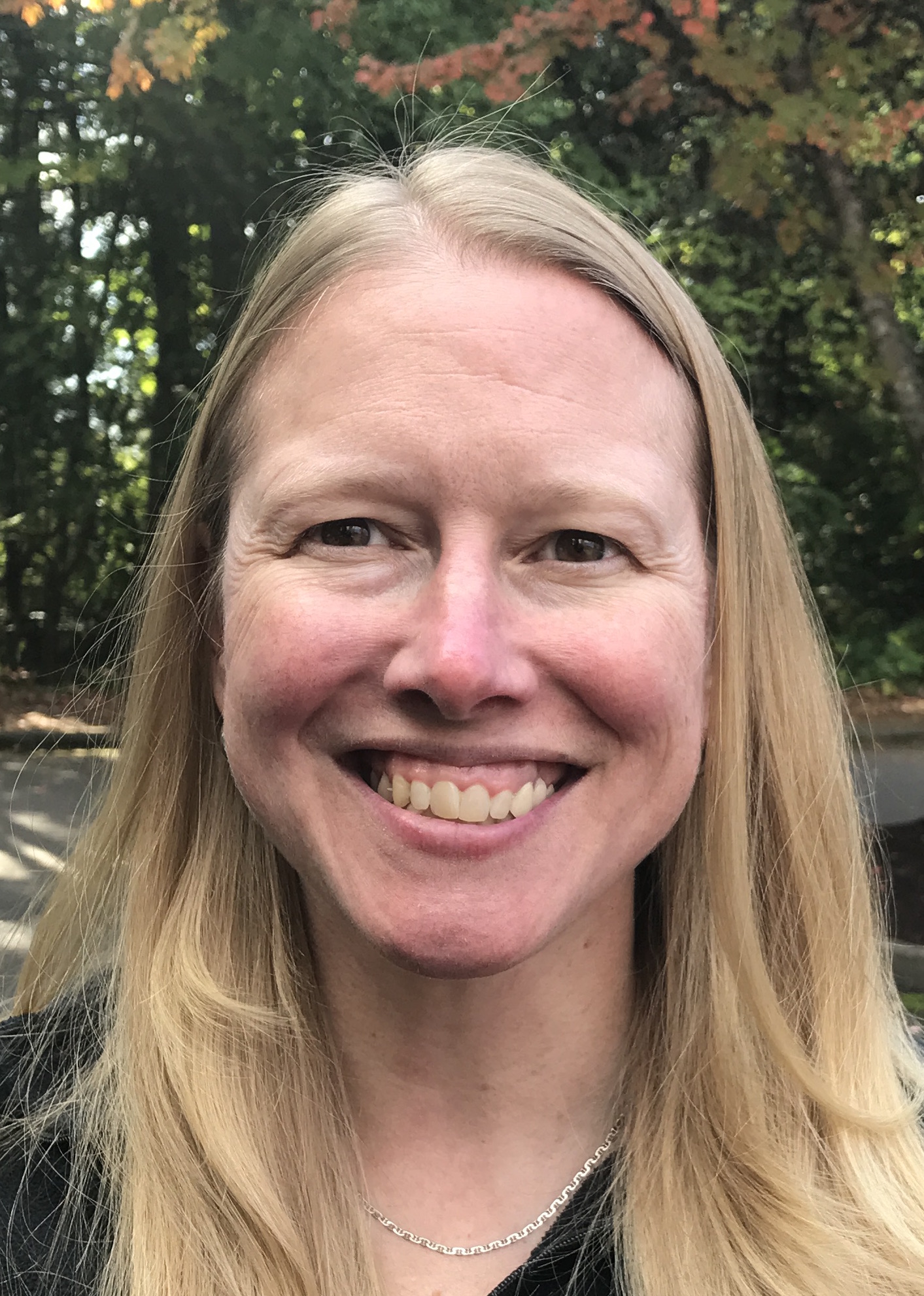
SHARE THIS ARTICLE:
Horn, Liz
 Liz Horn, PhD, MBI
Liz Horn, PhD, MBI
Poster Presentation
Human Tissue Collection Program
Principal Investigator
Lyme Disease Biobank
Portland, OR
https://lymebiobank.org/
Liz Horn, PhD, MBI, Principal Investigator, Lyme Disease Biobank
Liz has spent more than a decade building research initiatives and collaborations with non-profit organizations, with a focus on registries and biobanks. She has been working in Lyme disease since 2013 and was part of the team that launched the Lyme Disease Biobank. The Biobank was created to provide much-needed samples to researchers studying Lyme disease and other tick-borne infections, and each participant’s sample donation supports up to 50 different research projects. Currently, more than 425 early acute samples and endemic controls are available to investigators. The Biobank is expanding to collect samples from patients with persistent Lyme disease, including post-mortem tissues.
Liz earned her doctorate in molecular pharmacology and cancer therapeutics from SUNY at Buffalo, was a National Library of Medicine fellow in biomedical informatics, and received her M.B.I. from Oregon Health & Science University. She has mentored and trained >75 advocacy organizations in the translational research enterprise, and helped these groups initiate collaborations with academia, other non-profits, and industry.
2018 Poster Presentation
Lyme Disease Biobank and National Disease Research Interchange Partnership: Human Tissue Collection Program to Accelerate Biomedical Research for Lyme Disease and other Tick-Borne Infections
Liz Horn, PhD, MBI1, Melissa VonDran, PhD2, Andrew J. Dwork, MD3,4, Honesto I. Nunez III2, Lorraine Johnson, JD5, Jennifer Shaw2, Saboor Shad2, Cristina Kelly2, Kerrie Copelin2, Alisa McDonald2, Thomas J. Bell, MS, PhD2
1Lyme Disease Biobank, Portland, OR; 2National Disease Research Interchange, Philadelphia, PA; 3Columbia University, New York, NY; 4New York State Psychiatric Institute, New York, NY; 5Lymedisease.org, Chico, CA
Human biospecimens can provide scientists with a model system to advance our understanding of human biology and pathophysiology. The Lyme Disease Biobank (LDB) has partnered with the National Disease Research Interchange (NDRI) to collect a diverse range of tissue biospecimens from individuals with persistent Lyme disease. NDRI has over 35 years of experience serving as a critical link between individuals wishing to donate tissues for research and investigators who are working to find new treatments for a wide range of diseases. NDRI’s Donor Programs give patients and their family members an opportunity to make a significant contribution to research and development by providing a straightforward mechanism through which tissues and organs can be donated. The LDB-NDRI partnership will enable the collection of post-mortem and surgical tissues from individuals with LD and other tick-borne infections (TBI). During the developmental phase, LDB and NDRI, in collaboration with the LDB Tissue Working Group, have created customized recovery protocols to address the major experimental needs within the Lyme research community. Priority areas for post-mortem tissue collection include neurologic tissue (brain, spinal cord, nerves), cardiovascular tissue (heart and arteries), musculoskeletal tissue (muscle, cartilage and synovial membrane), lymph nodes, liver, bladder, and spleen. When the program launches in Fall 2018, NDRI will maintain a registry of individuals interested in donating tissues, obtain consent for donation, develop a donation plan, and coordinate the recovery, packaging and shipping of biospecimens to the LDB for use by approved researchers. Potential participants will have the option of sharing their information with the MyLymeData registry, leveraging the robust data profiles from MyLymeData with tissue biospecimens. Together, LDB and NDRI will provide the research community with well annotated tissue biospecimens that are suitable for state-of-the-art experimental methods that can begin to address whether there is evidence of inflammation and evidence of infection in tissues in patients with persistent Lyme disease. Collectively, this approach can play a key role in accelerating the bench-to-bedside pathway to develop improved diagnostics and new treatments for patients with LD and other TBI. For more information, please visit https://ndriresource.org/lyme-disease.
Funding Acknowledgement: Lyme Disease Biobank is a program of Bay Area Lyme Foundation. This program is funded by Bay Area Lyme Foundation and the Steven & Alexandra Cohen Foundation.
Click here for poster





